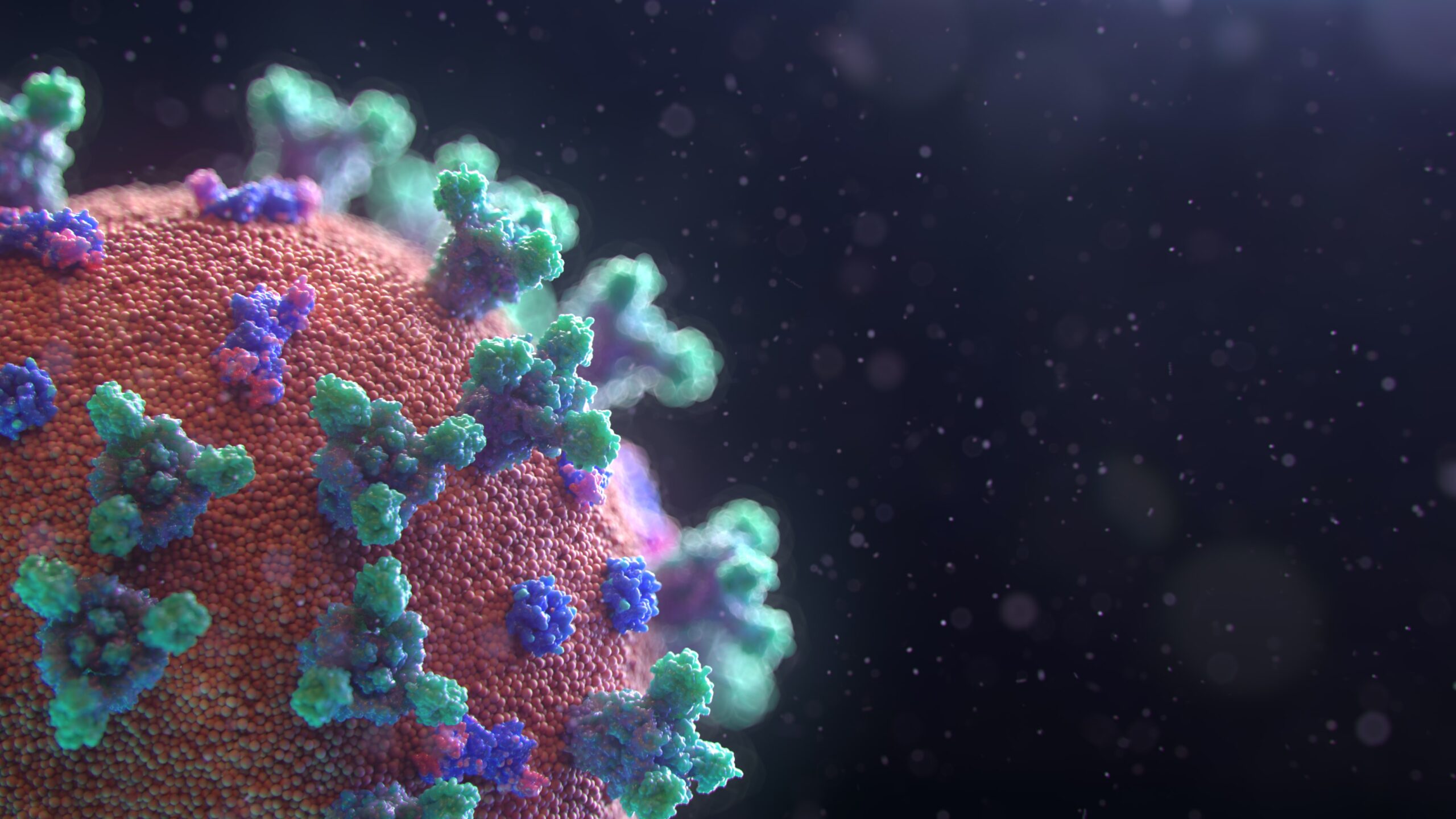The World's #1SARS-CoV-2 Immunity Assessment!
by the ImmunoCure FoundationThere is no way to develop a vaccine without first being able to assess immunity.
So WHY is Immunity Assessment NOT Being Offered prior to Vaccinations?
Our Mission
To conduct a comprehensive assessment of a population’s current immune response to SARS-CoV-2 through a volunteer-based medical study and publish the findings of our study to the public using an easy to understand and accessible online platform.
Immunity Assessment
A pandemic has been ravaging the world for two years now. Millions of lives have been lost to this severe acute respiratory syndrome coronavirus (SARS-CoV-2) and yet world leaders are at loss for the correct actions to take. Thankfully a majority of individuals only experience mild symptoms and do not require hospitalization. Increased knowledge and access to usable current data is critical to monitoring the situation as the virus mutates and more variants are discovered. We are proposing to collect and assess data from individuals around the globe. This volunteer based scientific study is composed of 2 parts:
1. A blood assessment to monitor current immune responses in whole blood when exposed to SARS-CoV-2
2. A collection of data from survey of questions
The number of individuals capable of producing a specific immune response when exposed to SARS-CoV-2 is still unknown. Studies demonstrate individuals develop SARS-CoV-2 specific memory B cells, memory T cells, IgG antibodies, and neutralizing plasma for at lest three months after recovery. Yet a comprehensive assessment of a population’s current immune response has yet to be completed. We know of no reason why data on individual’s whole blood assessing their current ability to respond to exposure to SARS-CoV-2 is not being collected.
Immunity assessment is far from novel and numerous techniques can be utilized including protein/ protein interactions, cell population response, antibody release. A 1977 study on antibody-forming cells differentiating to antigen-specific (memory) B cells, demonstrates our scientific ability 45 years ago to monitor the types and prevalence of antibodies (IgG, IgA, IgM, IgD expressed on the surface of immune cells. Yet somehow, immunity assessment prior to vaccination is not readily available during a pandemic.
From the beginning of the pandemic epidemiologists have stressed the importance of immune based assays to determine previous exposure to SARS-CoV-2. Within the first weeks of the pandemic it was determined the receptor binding domain (RBD) portion of the SARS-CoV-2 spike protein bound strongly to both bat and human angiotensin-converting enzyme 2 receptors (ACE2).
Our immunity assessment protocol utilizes Genscript’s cPass neutralizing antibody ELISA assay. Whole blood from volunteers is inoculated with tagged SARS-CoV-2 spike proteins and allowed to incubate at 37C. After incubation the immune cells, red blood cells, and platelets are spun out of the sample and the remaining plasma is tested. Our protocol assess the difference between whole blood inoculated with a tagged SARS-CoV-2 prior and after (control) incubation. If the individual’s whole blood is stimulated to release neutralizing antibodies within hours of exposure to SARS-CoV-2 this a positive immune response. We feel this information, in combination with the data collected on the questionnaire, will provide valuable information to the public.
